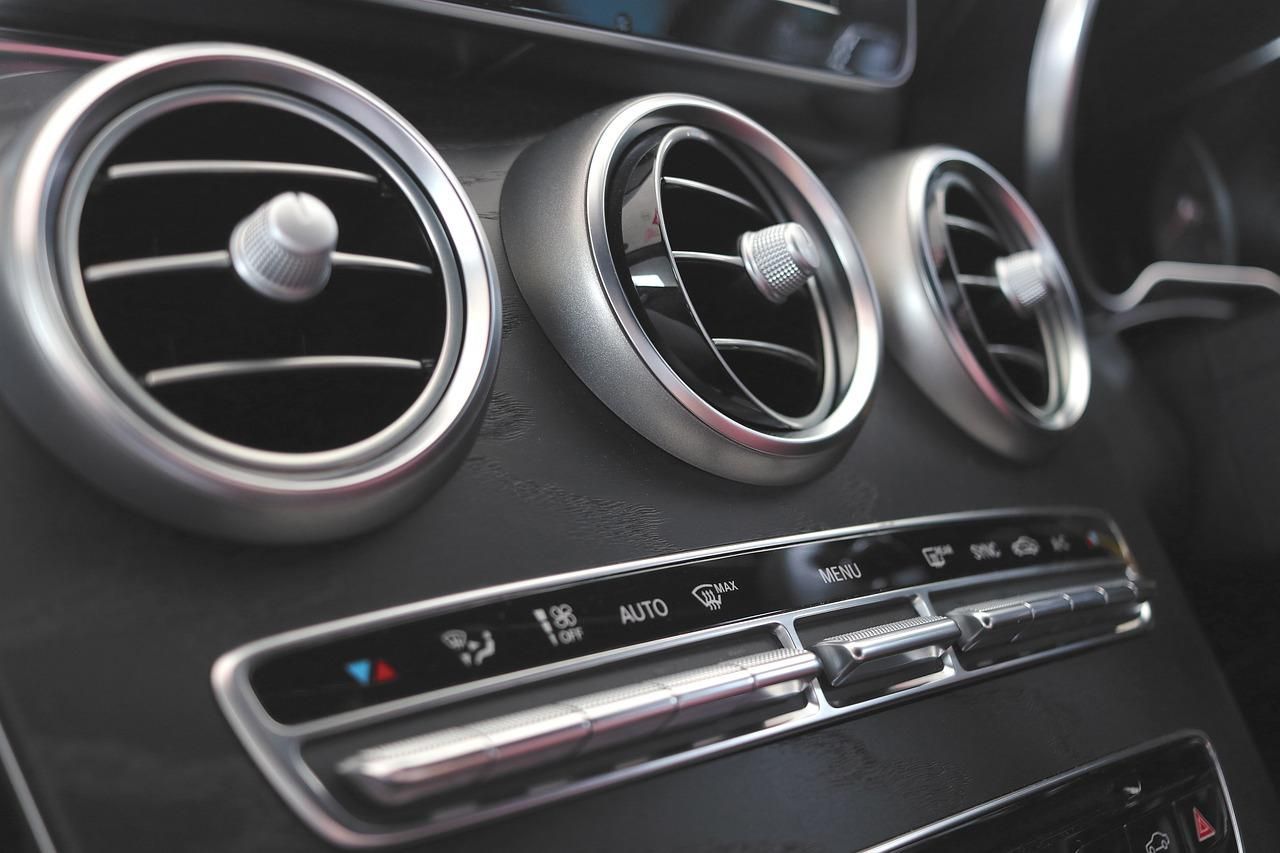Air Conditioning Service
Automotive Air Conditioning: Components, Operation, and Maintenance
We have all experienced the misery of being stuck in a hot car without air conditioning. It's hard to concentrate on the road, not to mention the added stress caused by needing to keep the windows open for ventilation. Any driver seeking a relaxing commute must have their air conditioning in prime working order.
A vehicle's cooling system helps prevent the engine from overheating and is critical to its overall performance. This vital system requires regular maintenance by experienced professionals like Capeway Auto Service and Towing
to prolong the automobile's life span.

Vehicle Air Conditioning Components
The air conditioning system in an automobile consists of several essential elements that work with refrigerant to ensure proper temper regulation, including:
- Compressor
- Condenser
- Evaporator
- Expansion valve
When these parts work together, they regulate and circulate refrigerant, activating a cycle of heat absorption and heat release, ensuring that the air inside the car remains cool, regardless of the external temperature.
Air conditioning refrigerant is a chemical compound with low boiling and freezing points. The coolant flows within a closed-loop system, constantly cycling through the AC unit while undergoing continuous phase transitions.
When we talk about the various types of refrigerants, we typically refer to the following:
- CFC refrigerants: Chlorofluorocarbons, or R-12, were proven to have ozone depletion potential and have since been retired from being used in AC units.
- HFC refrigerants: Hydrofluorocarbons, or R-134a, have a lesser eco-effect than CFCs and are used in modern cooling applications.
- HFO refrigerants: Hydrofluoroolefins, or R-1234yf, like HFCs, are better for the environment and have replaced CFCs.
How Do Automobile Air Conditioners Work?
In supporting accurate temperature regulation, a vehicle's air conditioning system utilizes the principles of thermodynamics and heat transfer. We can summarize the function of an AC unit in the six following steps:
- The compressor operation increases the pressure of the refrigerant gas, increasing its temperature.
- The heated refrigerant then triggers the condenser operation at the front of the vehicle, releasing heat into the surrounding air, causing the refrigerant to switch from gas to liquid state.
- The liquid refrigerant then travels to the expansion valve, which reduces its pressure and temperature.
- As it enters the evaporator inside the cabin, the refrigerant stimulates the evaporator operation, absorbing heat from the air and cooling it down.
- The resulting cool air is then distributed into the vehicle's interior by the blower fan.
- The refrigerant, now in a gaseous state, returns to the compressor to repeat the cycle.
Control and Regulation
Various temperature sensors and switches manage the unit's components. The vehicle's control panel contains the switches that govern the fans, compressors, and other parts that operate the AC unit. This climate control interface allows us to adjust the cabin conditions to our desired settings.
Sensors in the cabin measure the air temperature inside the vehicle and transmit this information to the central system, which acclimates the cooling power as needed. The system maintains suitable humidity levels by detecting the amount of moisture in the air and communicating this data to the unit to adapt accordingly.
In addition to assisting with temperature and humidity control, these sensors detect airflow regulation and sunlight intensity to ensure optimal comfort and performance. These sensors must operate with precision, so make sure they have regular maintenance to keep everything running smoothly.
Air Conditioning Warning Signs
A malfunctioning AC unit can turn a pleasant drive into a miserable one. If any components or systems are compromised, the problem will only worsen over time. If you notice any of the following warning signs, immediately take your vehicle to a qualified professional:
- Blowing warm air instead of cool
- Poor airflow
- Grinding or squealing sounds
- Water or refrigerant leaks
- A strange smell when the unit is on
Maintenance
Staying on top of regular maintenance for your car's air conditioning system is critical. Even if everything appears in good working order, scheduling routine inspections can help you detect any looming issues before they become costly problems. As you continue to use your air conditioning, natural wear and tear will eventually necessitate repairs or replacements for specific components.
Capeway Auto Service and Towing can help you with periodic inspections of refrigerant levels, leak detection, filter cleaning/replacement, component servicing, and refrigerant recharge.
Maintain Your AC With Capeway Auto Service and Towing
If you are in Hanover, MA and your air conditioning needs fixing, pay a visit to Capeway Auto Service and Towing. We are locals, too, and pride ourselves on treating our customers like family. Our skilled technicians can identify and resolve any AC problems, ensuring your vehicle remains cool and comfortable.
We value the importance of clear communication. We will explain each service in detail to get you back on the road as soon as possible. Don't endure another uncomfortable drive in the heat. Come see your friendly neighborhood team at Capeway Auto Service and Towing today.
